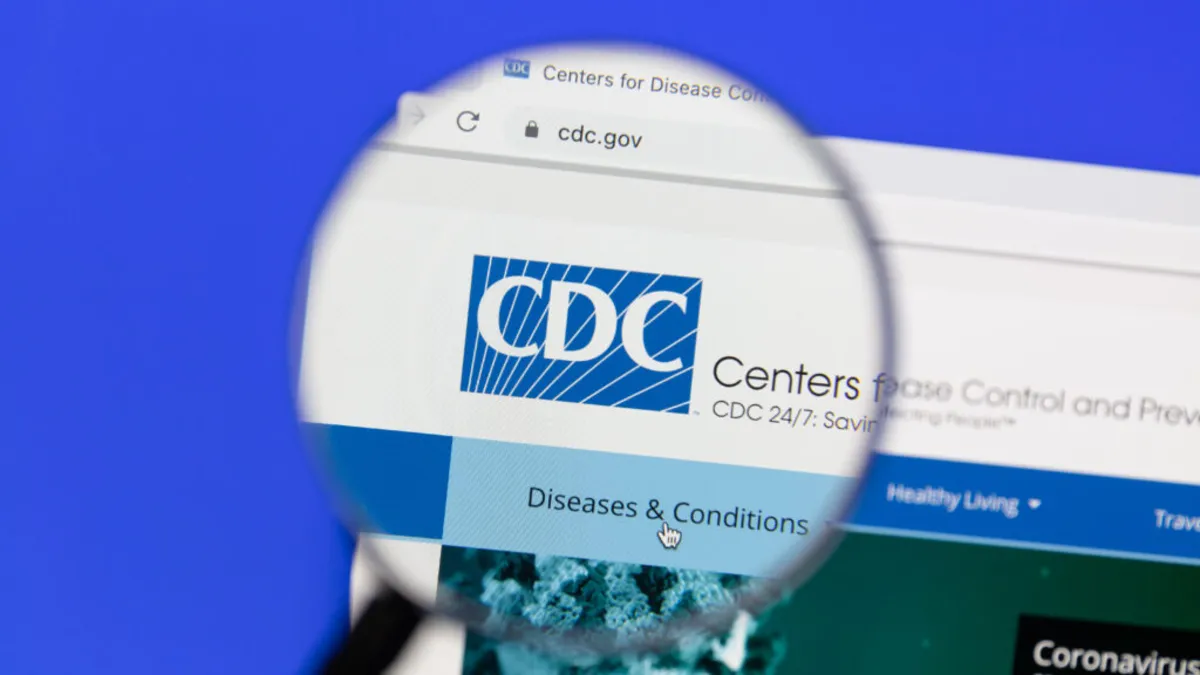
The Centers for Disease Control and Prevention (CDC) has been directed to halt several vaccine promotions, including the "Wild to Mild" campaign aimed at encouraging flu vaccinations. This decision comes from the Department of Health and Human Services (HHS), as informed by two sources to STAT.
The Assistant Secretary for Public Affairs at HHS indicated that Secretary Robert F. Kennedy Jr. prefers advertisements that emphasize the concept of informed consent in vaccine decisions. Informed consent ensures individuals are aware of both the risks and benefits of medical interventions, a fundamental principle in healthcare.
There are concerns that this shift may affect public willingness to receive vaccines, as focusing heavily on the risks could deter individuals from getting vaccinated. Michael Osterholm, director of the University of Minnesota’s Center for Infectious Disease Research and Policy, emphasized the importance of context in communicating potential risks versus proven benefits.
The decision to remove flu shot advertisements marks an early indication of how RFK Jr. might influence the U.S. vaccination strategy. Alongside this, the CDC’s vaccine advisory committee postponed a scheduled meeting, and reports suggest possible changes in committee membership due to alleged conflicts of interest.
When questioned by STAT about the cessation of vaccine promotions, including the "Wild to Mild" campaign, an HHS official denied that the CDC was instructed to remove its flu vaccination campaign webpage. However, they did not address the inquiry about focusing on informed consent in future campaigns.
Despite the changes, the CDC’s informational resources on the benefits of flu shots remain available. Previously visible promotional content on other websites has been removed, though the CDC maintains that flu vaccines prevent significant illnesses and doctor visits annually.
There has been a noticeable decline in vaccine uptake post-COVID-19 pandemic. Currently, only 23% of adults have received an updated COVID-19 vaccine, and flu vaccinations are down to 45%, a decline from pre-COVID levels.
Kennedy, who has historically challenged vaccine safety, did not distance himself from disproven claims during Senate confirmation hearings. While some senators expressed concerns, only Mitch McConnell opposed his confirmation, citing Kennedy's vaccine positions.
The CDC's halted campaigns involved minimal expenditure, with ads placed in digital publications and promoted on social media. The "Wild to Mild" ads used imagery like a teddy bear and a grizzly bear to illustrate that while flu vaccines may not always prevent infection, they significantly reduce the severity of illness.
Targeted at pregnant individuals, parents, and those with chronic conditions, the campaign aimed to educate about the benefits of flu vaccination. However, the materials did not address potential risks, such as the minor side effects or the rare association with Guillain-Barré syndrome.
While there are few side effects associated with flu vaccines, informed consent remains a critical part of vaccination safety. RFK Jr.'s vaccine safety plan emphasizes this awareness, and current practices already include providing printed information about vaccine risks prior to immunization.